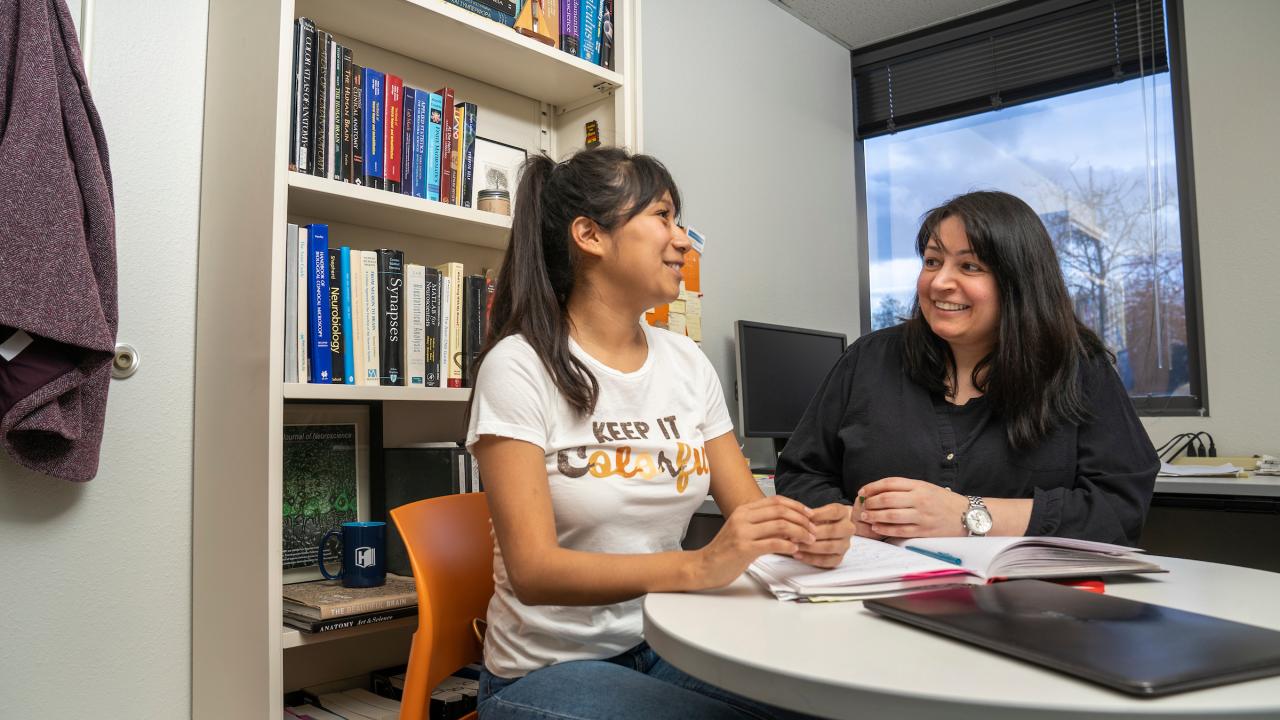
Inside Higher Ed: The Pivotal Role of the Graduate Program in Student Mentoring
Director of Mentoring and Academic Success Initiatives Elizabeth Sturdy advises programs to establish standards of mentorship
In graduate education, the faculty mentor plays the primary role in guiding a graduate student from recruitment through graduation—and often on to job placements—for several formative and demanding years. Faculty mentors also play an increasing role in responding to the mental health needs of graduate students, who face the stressors of the pandemic, ongoing racial injustice, climate change and political unrest. While this mentoring relationship is central for graduate students, it is one often fraught with challenges. A mentoring relationship, after all, is fundamentally a relationship that relies on dynamic interpersonal skills, such as effective communication and cultural awareness.
Mentor training has undoubtedly enhanced mentorship cultures across college campuses. Nationally, the Center for the Improvement of Mentored Experiences in Research, Duke University, the University of Michigan and Texas A&M University, among others, are offering resources and training to help mentors and mentees foster a positive and productive relationship. But improving graduate mentoring cannot rest solely on the individual actions of the most devoted mentors and mentees. Campuses should also consider the powerful role that their graduate program can play in addressing the mentorship needs of entire cohorts of faculty and students and effectively setting standards of mentorship.
Just as graduate programs provide guidance on coursework or degree requirements, so too can they offer mentorship resources at orientation and throughout various degree milestones. Taking such an active role yields at least two benefits: 1) mentoring resources of the graduate program can mitigate inequities by ensuring all graduate students receive the same information, regardless of the mentor, and 2) program-led mentoring discussions can bring together faculty and graduate students to discuss needs and challenges specific to the particular degree and discipline. I have found that cultural change is most successful when it is both collaborative—including faculty, staff and graduate students in discussing resource gaps and solutions—and relevant to the distinct experiences within a program and field of study. Regularly discussing the importance of mentorship also demonstrates that the graduate program values mentoring and prioritizes mentoring relationships for both graduate students and faculty members.
